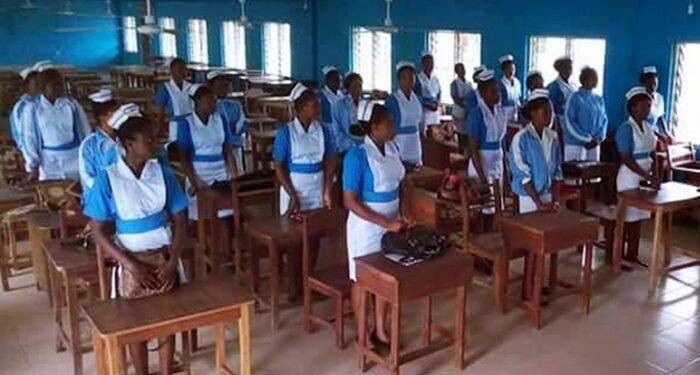
It is no longer news that there is problem in the education sector of Nigeria.
Globally, 60 million children are out on school while world leaders promised to address the challenge through education for all by 2015.
Nigeria tops the list of nations with highest children out of school since 1999.
A report by the United Nations Educational, Scientific and Cultural Organisation (UNESCO) indicates that one out of every five Nigerian children is out of school.
This is clearly a national disgrace for the world’s eighth largest oil producer.
With approximately 10.5 million kids out of school, Nigeria is among 12 other countries with which it accounts for 47 percent of the global out-of-school population.
Over the last decade, Nigeria’s exponential growth in population has put immense pressure on the resources and the overstretched public services and infrastructure.
With children under 15 years of age accounting for about 45 per cent of the country’s population, the burden on education and other sectors has become overwhelming.
The report said 40 per cent of Nigerian children aged 6-11 do not attend any primary school with the northern region recording the lowest school attendance rate, particularly for girls.
Despite a significant increase in net enrolment rates in recent years, it is estimated that about 4.7 million children of primary school age are still not in school.
The decline in quality of education was attributed to some factors ranging from cultural background, lack of infrastructure, and mismanagement of education resources in the country.
Similar Posts:
Many children also do not attend school due to child labour, economic hardship and early marriage for girls.
To address the problem, the ActionAid Nigeria and the European Union (EU) in the nation’s capital flagged-off ‘Send My Friend to School’ campaign, to increase school enrolment rate of Nigerian children.
Speaking during the campaign at the Government Secondary School, Kuje in the Federal Capital Territory (FCT), the Education Programme Officer of ActionAid Nigeria, Osamudiamen Owens-Ibie, said: “The programme is a three year, multi country project designed with a focus on getting more children in school through young advocates speaking up for their right to education and engagement with policy makers at the community level through to the national level.
“In line with project objectives and in giving young persons a voice towards advocating for quality teachers, certain activities have been earmarked for various quarters, these activities add up towards improving the quality of education.”
However, she noted that “despite the progress being made towards getting every child in school through achievement of Education for All and Millennium Development Goals (MDG2), there is still a huge and persistent gap in professional, well-trained, well-supported teachers, about 1.7 million teachers who are already in post need to be professionally trained.”
Owners-Ibie continued: “To address the problem of quality teachers, the Send my Friend to School project has scheduled Back to School events focused on increasing public awareness on the state of education being received by selected students in FCT, working with young students towards speaking up for their rights in education and advocating for more quality teachers in school. The event is an avenue for the children to identify children who are out of school and make commitment to bring in school by intense advocacy.”
Ukoma Joy, a student of GSS, Kuje in the Federal Capital Territory (FCT), told Sunday Vanguard that illiteracy on the part of parents was a big problem militating against the ‘Send My Friend to School’ campaign.
Narrating her encounter with some parents who she had approached to persuade them to let their wards go to school, Joy she said she was always sad when she prepares to go to school and sees her friends who were mainly Gbagi by tribe left roaming around the streets.
“The big problem is that the parents of those children are also illiterate and any time other children are trying to approach them to talk to them about the need to let their children go to school, they feel insulted, thinking that you have come to mock them and they send you out of their house,” she said.
The Assistant Director of School Service, FCT Secondary Education Board, Mrs Margaret Mowete, said the struggle to increase children enrolment in school, was a tripartite effort that must be whole heartedly taken by the parents, teachers and government.
According to her, there is no substitution to quality education; therefore, it is pertinent that every stakeholder plays his part.
Source: Vanguard


